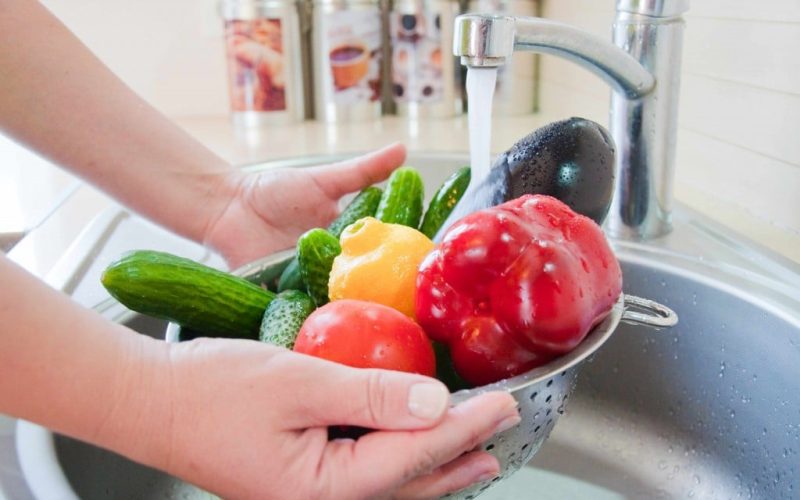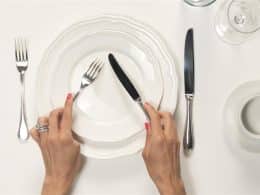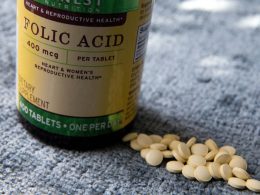Ok, so it is common knowledge that you should wash your produce before you cook or serve it, but do we always do that?
It is easy to grab a head of lettuce that is wrapped in cellophane and open it and break it up into the salad bowl. It looks clean and we are usually in a hurry to get food ready. It is also very easy to grab an apple out of the bag and eat it.
So why should we make sure to wash our produce before eating it? It is wise to be aware that the list of fruits and vegetables that have the highest levels of pesticides are the ones we serve most often.
This list includes apples, celery, cucumbers, bell peppers, cherry tomatoes, peaches, strawberries and potatoes. An excellent guide published by the Colorado State University, U.S. Department of Agriculture explains the risks present and the best way to handle fresh produce.
The guide explains that “fresh produce can harbor bacteria, fungi, and other microbes along with trace amounts of chemicals.” Suggestions for produce handling from the same guide include:
- Always buy local. If you try to always buy locally grown produce in season, you will be getting the items as fresh as possible, and eliminate the possibility of contamination during transportation.
- Do not purchase cut produce that is not kept chilled or on ice and of course you should keep these items chilled when you bring them home.
- Do not wash your produce until you are ready to use it. Washing can speed up bacterial growth and spoilage.
- Start with clean hands and work area so that contaminates are not transferred to your food as you prepare it. Your hands, cutting board and utensils should be washed in hot soapy water. Also wash the produce before cutting it or you risk transferring bacteria that is on the outside to the inside.
- By small quantities. Europeans try to shop every day for each meal so that they are buying fresh! Most items will stay fresh for two to five days although some items like apples and onions and winter squash can be stored for longer periods.
- Do not cut up produce more than two hours ahead of serving time unless you will be keeping it refrigerated. Cut produce that is allowed to be at room temperature for more than two hours is at risk for spoilage.
- Cold water is the best wash for your fruits and vegetables. Detergent is not recommended since some items are porous and could absorb the chemicals in the detergent. Use a brush for fruit and vegetables with a hard outer shell.
- Leafy green vegetables can have bacterial contaminants as well as pesticides on them. Soak in cold water to loosen any soil and then in water diluted with vinegar for a few minutes. The solution should be a half cup of vinegar to 1 cup of cold water. You can then rinse in cold water.
- It is also very important to wear gloves when handling hot peppers as they can burn your skin!
Following these excellent suggestions will help you protect your family from the bacteria and pesticides that are present on the produce that we purchase.









